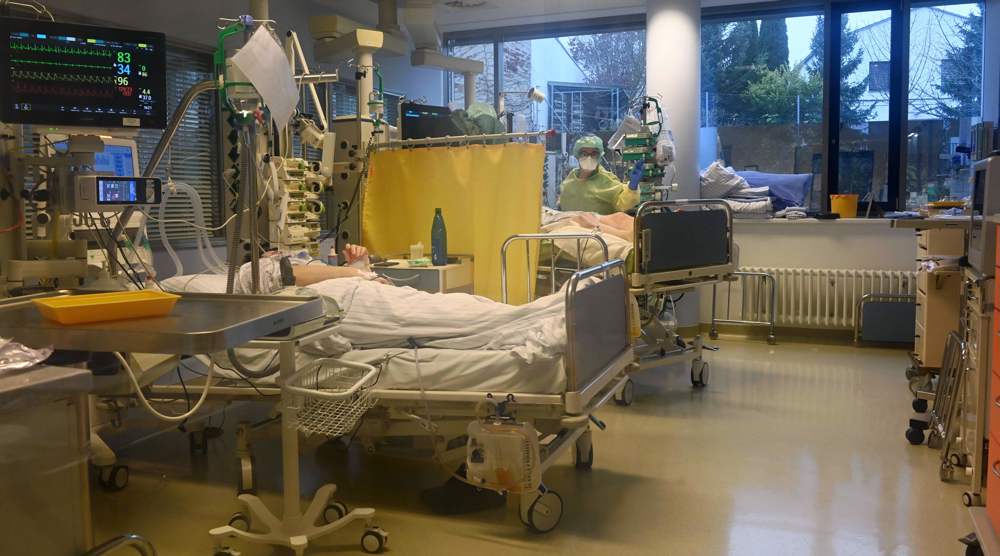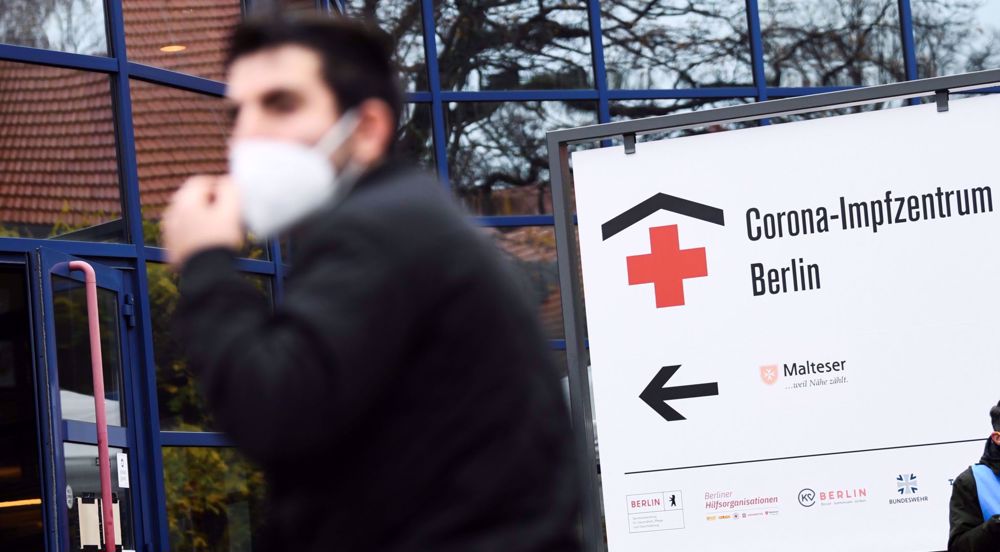Germany faces 'national emergency'; Austria to reimpose full lockdown amid COVID surge
The German Health Ministry has announced that a new wave of coronavirus infections has plunged the country into a national emergency.
"We are in a national emergency," Germany’s Health Minister Jens Spahn told a news conference in the capital Berlin on Friday, adding that the pandemic situation has worsened over the past week and is now "more serious than last week.”
When asked about the possibility of imposing a new lockdown, Spahn said the fourth wave of COVID infections has seen case numbers reach record levels in Germany and that, "We're in a situation where we can't rule anything out."
Germany recorded on Friday 52,970 daily new infections, a day after registering over 65,000 daily cases, a record since the start of the pandemic, with health officials warning that the number is likely to at least double in the coming days.
In the past two weeks, the number of new coronavirus cases in Germany has jumped by more than 60%.
Spahn was talking at the press conference together with Lothar Wieler, the head of the country's infectious disease agency the Robert Koch Institute (RKI).
Painting a dramatic picture of the coronavirus situation in Germany, Wieler said the seven-day incidence rate in over a quarter of districts nationwide is above 500 new infections per 100,000 people and that many hospitals are at breaking point.
"We need to turn the tide. There's really no time to lose," Wieler said, stressing the importance of vaccinations. "We need to close the vaccination gaps now."
The comments were made as Germany's upper house of parliament, the Bundesrat, approved new restrictions to curb COVID, a day after the lower house passed the measures.
Austria to reimpose full lockdown
Also on Friday, Austrian Chancellor Alexander Schallenberg announced plans for the re-imposition of a full lockdown across the country and making vaccinations mandatory — the first in the EU to take such stringent measures as coronavirus cases spiral.
Schallenberg said COVID-19 vaccinations will be mandatory from February 1 next year, while the lockdown will start from Monday and will be evaluated after 10 days.
"Despite months of persuasion, we have not succeeded in convincing enough people to get vaccinated," Schallenberg told a press conference in the western Tyrol state, blaming those refusing to be vaccinated for an "attack on the health system.”
On Thursday, a new record of more than 15,000 new cases were recorded in the Alpine nation of nearly nine million people.
Demand for vaccinations has increased among Austrians in recent days, and 66 percent of the population is now fully jabbed, slightly below the EU average of more than 67 percent.

Election winner conservative Merz invites Netanyahu to Germany despite ICC warrant

Conservatives win German parliamentary elections amid surge in far-right support

Germany: Europe should pressure Trump to prevent US-Russia alliance
VIDEO | Press TV's news headlines
Longest held Palestinian prisoner released by Israel
Iran condemns Israel’s military threats
VIDEO | Pakistan, Iran strengthen trade ties with $10 billion target
VIDEO | What conditions faced by Palestinian prisoners?
Israel carried out mass killing of own people under ‘Hannibal Directive’: Military probe
VIDEO | Telecommunications down in Gaza due to Israeli curbs delaying repairs
Egypt: Hamas-Israel negotiations on next phase of ceasefire begin








 This makes it easy to access the Press TV website
This makes it easy to access the Press TV website